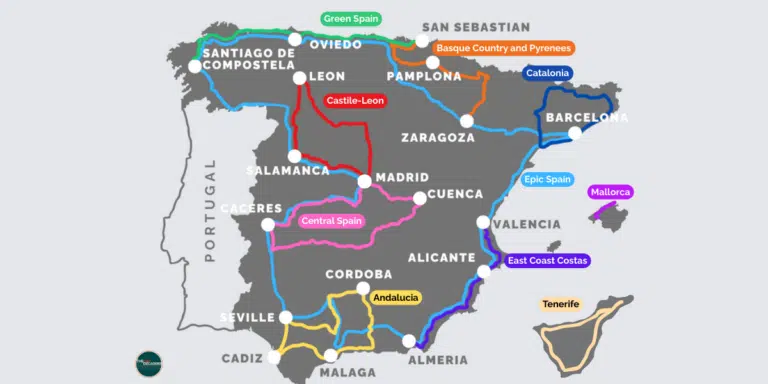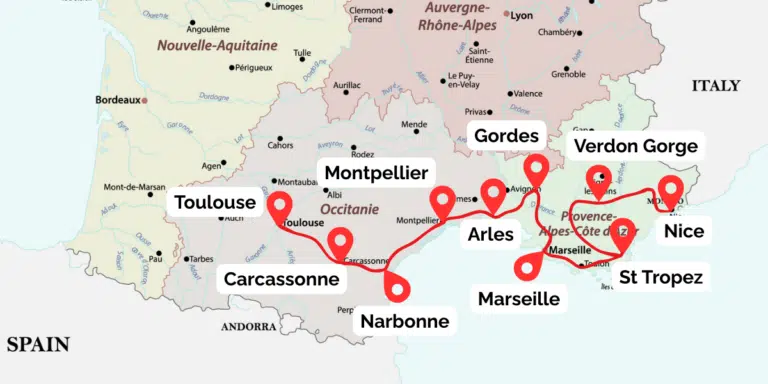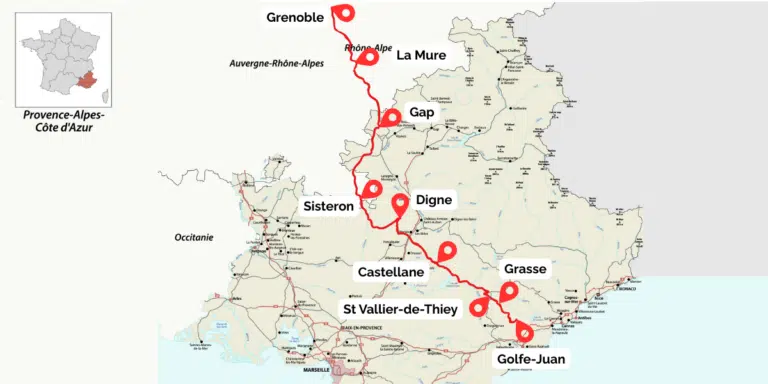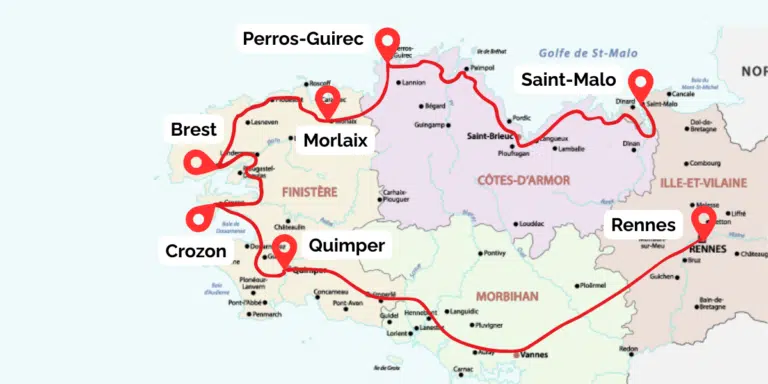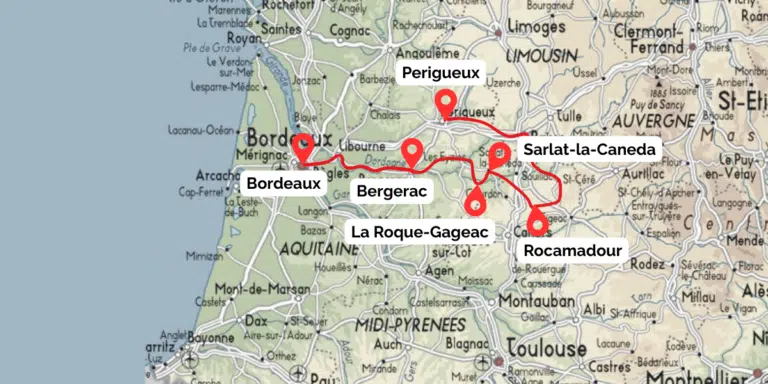This post may contain affiliate links, from which we earn an income. Click here to read our affiliate policy.
Planning an Australian road trip involves more than choosing destinations and accommodation. Selecting the right vehicle is one of the most important decisions you will make. Australia’s roads vary widely, from smooth coastal highways to unsealed country tracks, and the distance between major towns can be significant where there aren’t stops for fuel, water, or food.
The car you choose for your Australian road trip adventure should suit your route, travel style, and comfort requirements.

Key Considerations Before Choosing a Vehicle
Before selecting a vehicle, it is important to evaluate your travel plans. Consider the following factors:
If you intend to purchase rather than hire, arrange a mechanical inspection to ensure the car is in good condition. Travellers seeking finance should look for transparent terms and lenders who understand diverse financial circumstances.
SUVs for Versatility and Comfort
An SUV is a practical choice for most travellers. It offers the flexibility to handle both city driving and light off-road conditions, making it suitable for regional travel. SUVs provide more storage space than smaller vehicles, allowing room for luggage, camping equipment or sports gear. Their higher driving position also improves visibility, which is valuable for long-distance driving.
Popular options such as the Toyota RAV4, Mazda CX-5, and Subaru Forester are reliable, fuel-efficient, and designed with comfort in mind. Many models feature technology like adaptive cruise control and lane assist, which can make extended drives safer and less tiring.
Four-Wheel Drives for Regional and Outback Travel
For those travelling through regional or remote parts of Australia, a Four Wheel Drive is often necessary. Areas such as the Kimberley, the Flinders Ranges, or the inner region of Queensland can include gravel, sand, and uneven surfaces that require additional clearance and traction.
Vehicles such as the Toyota Land Cruiser, Ford Everest, and Mitsubishi Pajero are well-suited for these conditions. They have the power to tow trailers or campers and offer strong durability for longer trips. While these vehicles come with higher running costs, they provide greater safety and reliability in remote environments.
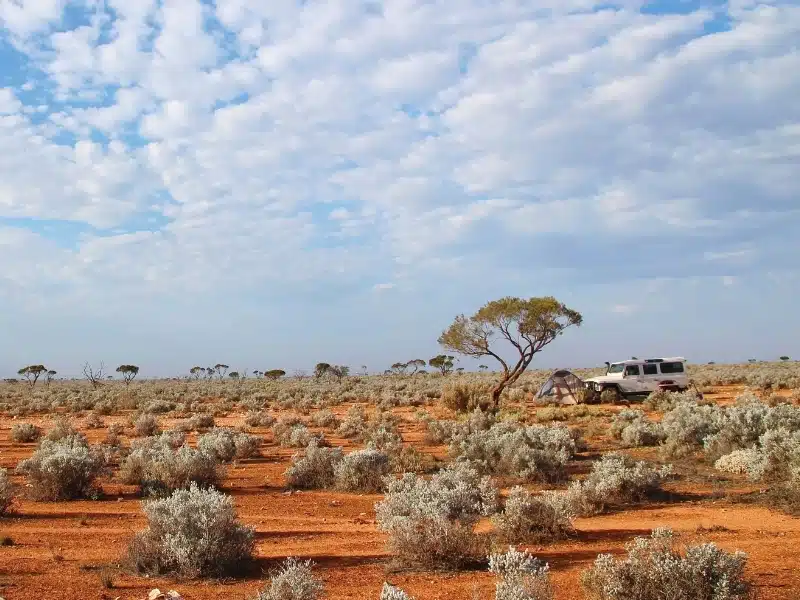
Compact Cars for Budget-Conscious Travellers
If your trip consists mainly of metropolitan areas or well-maintained highways, a smaller car is often the most cost-effective and appropriate choice. Hatchbacks and compact sedans are fuel-efficient, easy to park, and inexpensive to maintain.
Models like the Hyundai i30, Toyota Corolla, and Kia Cerato provide dependable performance and comfort for shorter trips or smaller groups. They are not intended for off-road travel but are ideal for covering large distances efficiently on sealed roads.
Travellers who plan to purchase a car before their trip but have a less-than-perfect credit history can explore flexible finance options. Azora’s car loans for people with bad credit provide a pathway for Australians who may have been turned away by traditional lenders. This allows more people to access a suitable vehicle for their journey with manageable repayment terms and tailored plans.
Hybrids and Electric Vehicles for Sustainable Travel
Hybrid and electric vehicles are becoming increasingly viable for Australian road trips as charging stations continue to expand along major routes such as Sydney to Melbourne and Brisbane to Sydney.
Electric vehicles like the Tesla Model 3, Hyundai Ioniq, and Polestar 2 are efficient and environmentally conscious options for city-to-city travel. However, it is important to plan charging stops in advance, as regional coverage remains limited. Alternatively, hybrid vehicles such as the Toyota Prius or Corolla Cross provide flexibility by combining electric efficiency with the reliability of a petrol engine, making them a practical option for longer routes.
Campervans and People Movers for Group Travel
For larger groups or extended travel, campervans and people movers are a great option as they both provide space and convenience. These vehicles can accommodate several passengers along with luggage and equipment, and some campervans include sleeping and cooking facilities.
Models such as the Toyota HiAce, Volkswagen Transporter, and Mercedes-Benz Marco Polo are commonly used for long-term travel. They are suitable for travellers who prefer flexibility over fixed accommodation. However, it is important to consider the trade-offs. Some of which include higher fuel consumption and the need to plan for suitable parking, but the added comfort can make longer journeys more manageable.
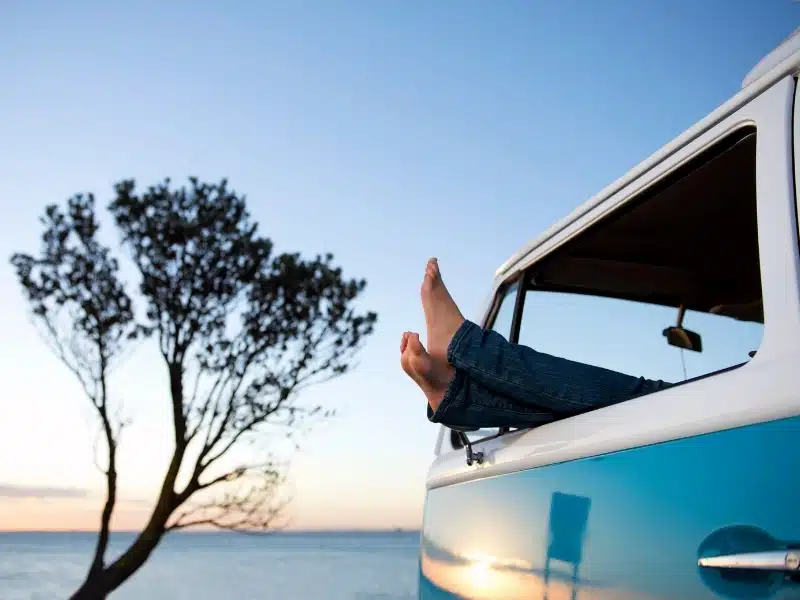
In Conclusion, You Should Choose the Right Vehicle for Your Journey
The best vehicle for an Australian road trip depends on your route, travel goals, and budget. For most travellers, an SUV provides a strong balance between comfort and capability. Those venturing into remote areas will benefit from a Four Wheel Drive, while urban or coastal trips are well-suited to compact or hybrid models.
Taking the time to choose the right vehicle can make your journey safer, more efficient, and more enjoyable. With proper preparation and a car that meets your needs, you will be ready to experience all that Australia has to offer.

